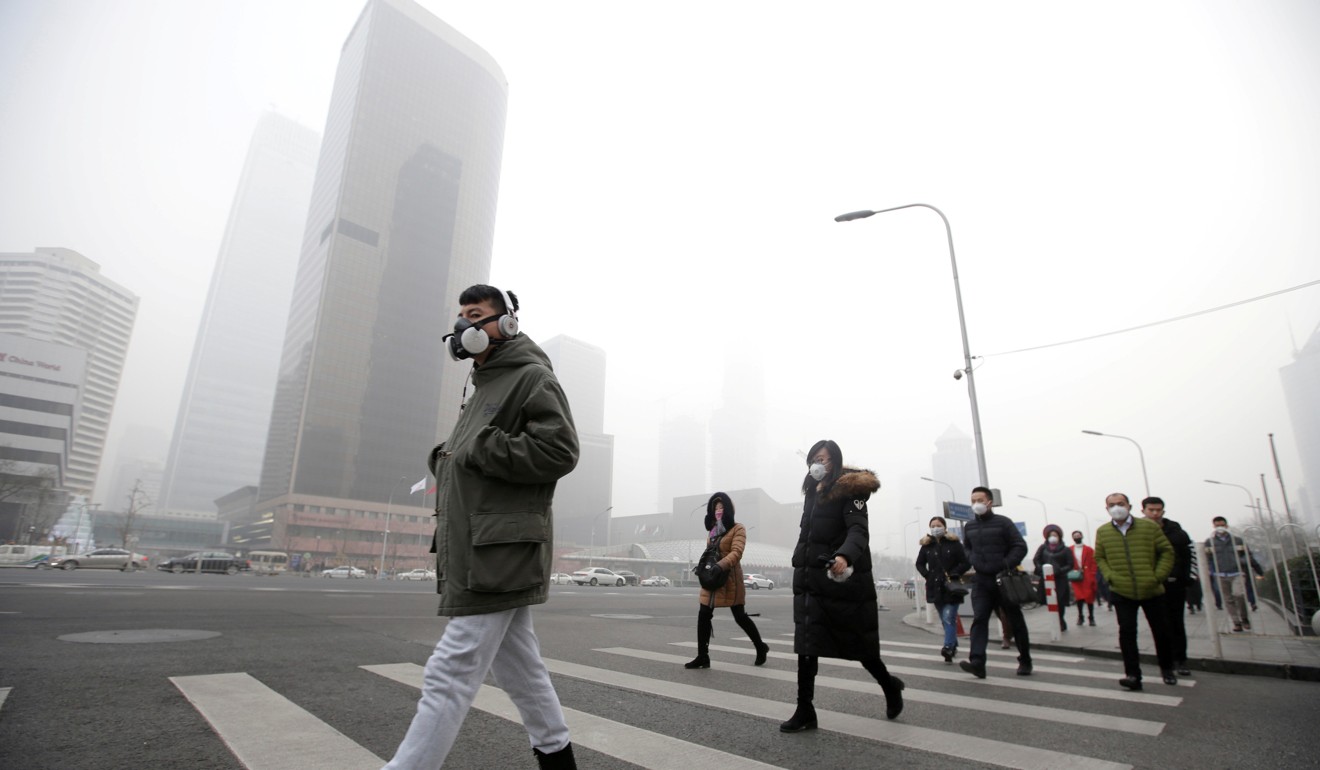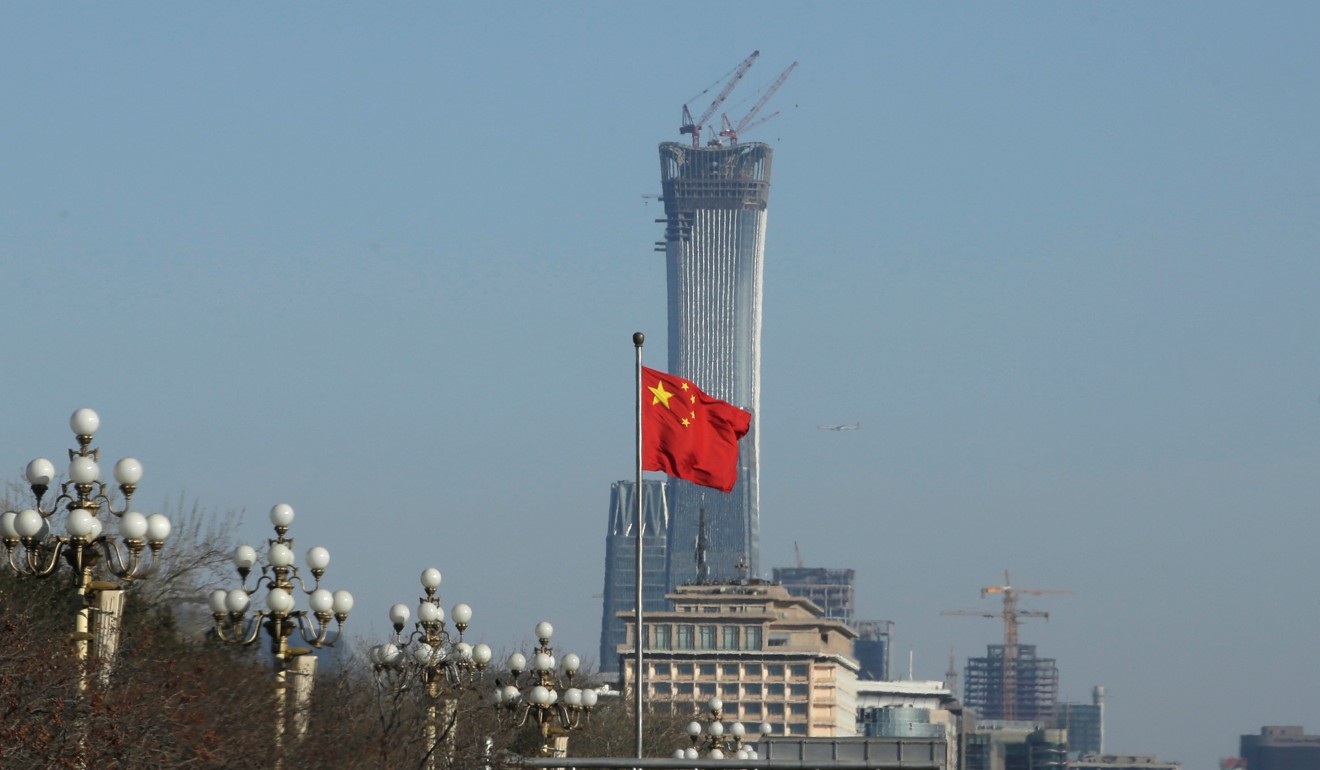
Why blue skies over Beijing this winter could herald a turning point in city’s battle against pollution
Favourable weather and efforts to curb emissions have given residents of the Chinese capital some respite from its notorious smogs
Residents of Beijing are enjoying unusually clear skies this winter as officials indicated that measures to tackle the city’s notorious pollution problem appear to be having some effect.
However, experts cautioned that the improvement was still fragile and said there was a risk the problem could recur.
Thanks to improving conditions, the average reading of PM2.5 – particle matter less than 2.5 micrometers in diameter – fell by 54 per cent in November compared with the previous year to 46 microgrammes per cubic metre.
The city’s environmental protection bureau, which compiles the data, said this was the lowest November total for five years.
The reading stood at 38 microgrammes per cubic meter since the city officially turned on the heating for the winter on November 15, compared with an average of 93 in the previous four years, the official news agency Xinhua reported.
Local residents who remember the horrible smogs they suffered back in January have noticed many more blue sky days this winter.
According to official data released on December 15, the number of heavy-pollution days in Beijing fell to 21 in 2017, compared with 58 days in 2013.
“The government has taken efforts to curb pollution. Also the weather has helped,” Ma Jun, a leading environmentalist in Beijing and the director of the Institute of Public and Environmental Affairs, told the South China Morning Post.
He said the weather this winter, which was characterised by frequent strong winds and cold air, was an important factor in diffusing air pollutants, while the authorities in the city and the neighbouring region had taken tough measures to curb air pollution this year.
Ma said there was no doubt that Beijing would meet a target to limit the city’s PM2.5 concentration to 60 microgrammes per cubic meter at the end of this year – the deadline for the city’s five-year plan to curb air pollution.
But he warned that the improvement was “fragile and unstable” and did not rule out the possibility that smog could return to the city once the weather reverses.

Ma also said other cities – including Chengdu in the southwestern province of Sichuan and urban parts of the Yangtze Delta, such as Shanghai – had suffered air pollution at the same time that residents in Beijing were enjoying the blue skies.
This suggests it will still be a huge challenge for China to meet another target of reducing PM2.5 concentration levels to 35 microgrammes per cubic meter by 2030.
The Chinese government has listed fighting pollution as one of its top priorities for next year.
It will introduce a nationwide scheme to force polluters to pay for the damage. The country also aims to switch 70 per cent of northern cities to heating from coal to natural gas by 2021.
China has tightened its environmental regulations this year, forcing the shutdown of factories which failed to meet environmental protection standards.
It has also stepped up the shift from coal-based fuel to natural gas in both the industrial and residential sectors – although overzealous local officials have been blamed in state media for gas shortages that left many households without heat earlier this month.

Ma said it was a challenge to sustain the anti-pollution measures over the long run. He warned that the industrial infrastructure in northern China, which has been a major source of pollution over the years, was still a problem for the drive for clean energy and the rules needed to be properly enforced.
“It is important to establish the rule of law to enhance environmental scrutiny, to increase information transparency and introduce the public supervision,” he said.

